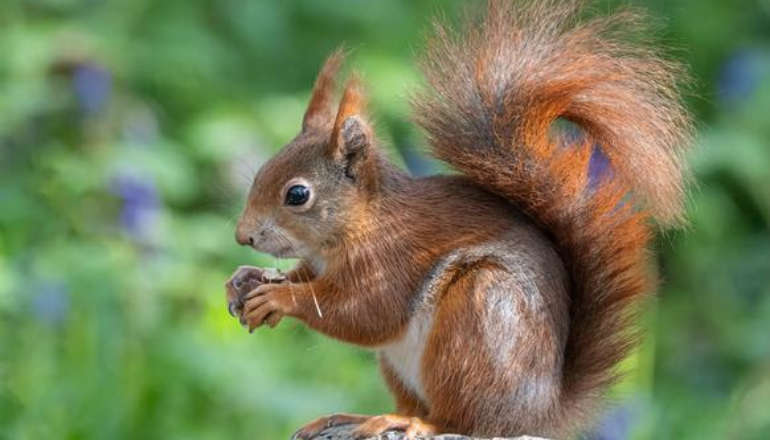
Government plans to restore Britain’s wildlife habitats and create 25 new or enlarged national nature reserves could be good news for the Island's red squirrel population.
The Red Squirrel Survival Trust hopes the large grey squirrel population in England will be significantly reduced as a result of a fertility control programme.
Such a reduction would see the current small number of English red squirrels — approximately 3,500 on the Island — increase as a result of safer living conditions.
Their locations increase dramatically as the number of greys diminish.
The government backed fertility control programme will see extensive field trials begin next year, working with major land and forestry owners in England.
This is expected to be completed by 2027 and it is planned that the contraceptive will be rolled out to other land and forestry owners, farmers and the general public as soon as registration is finalised.
RSST’s Vanessa Fawcett said:
“The government’s plans for opening new and expanded national nature reserves are likely to take a number of years to come to fruition.
"This will benefit the natural expansion of red numbers, as the population of greys diminishes across England and they recolonise areas vacated by them.
"Any effort to improve wildlife habitat is going to be a major benefit to the expanding number of English reds.”
Grey squirrels first came to Britain as a novelty species in parks and estates in the 1870s.
Up until then the only British squirrels were our native reds that have lived here since the last ice age.
Today it is estimated that there are more than 2.7 million greys and just 270,000 reds, the majority living in Scotland.
As grey numbers reduce it is likely that the reds will expand their territories into England and Wales where existing populations and territories will also increase.
The expansion of the red squirrel population as the number of greys decline will be driven in part by the fact that some greys carry a pox that is harmless to them but always fatal to reds.
The RSST and the renown gardener Alan Titchmarsh, who is an Ambassador for the trust, have devised a planting programme of trees and plants that will provide food for reds in domestic gardens as their territories expand.
Supplementary feeding is an essential benefit to their successful breeding.


 Popular Ryde Restaurant 'Crepe Lovers' Opens Second Island Eatery In Newport
Popular Ryde Restaurant 'Crepe Lovers' Opens Second Island Eatery In Newport
 Secondary School Offers Made To Island Children
Secondary School Offers Made To Island Children
 Shanklin Garage Fire Leads To Emergency Service Call-Out
Shanklin Garage Fire Leads To Emergency Service Call-Out
 Mountbatten CEO 'Delighted' Following Government Funding Of More Than £330,000
Mountbatten CEO 'Delighted' Following Government Funding Of More Than £330,000
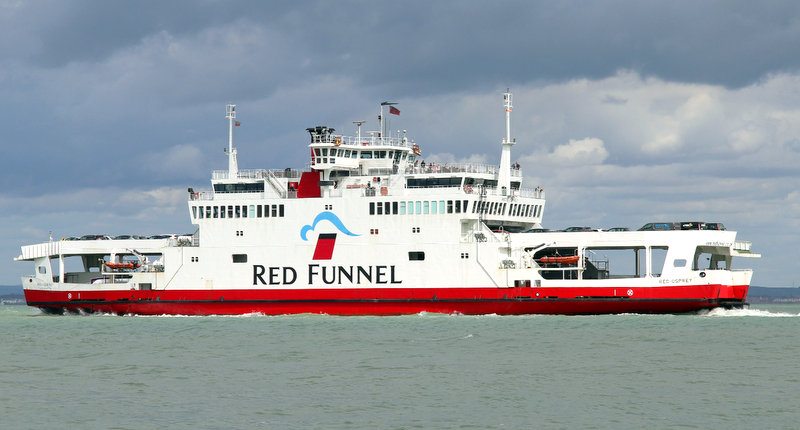 Red Funnel Services Delayed For Up To 90 Minutes As Result Of Fog Disruption
Red Funnel Services Delayed For Up To 90 Minutes As Result Of Fog Disruption
 Councillors Spar Over Conservative 'Affordable Housing' Budget Amendment
Councillors Spar Over Conservative 'Affordable Housing' Budget Amendment
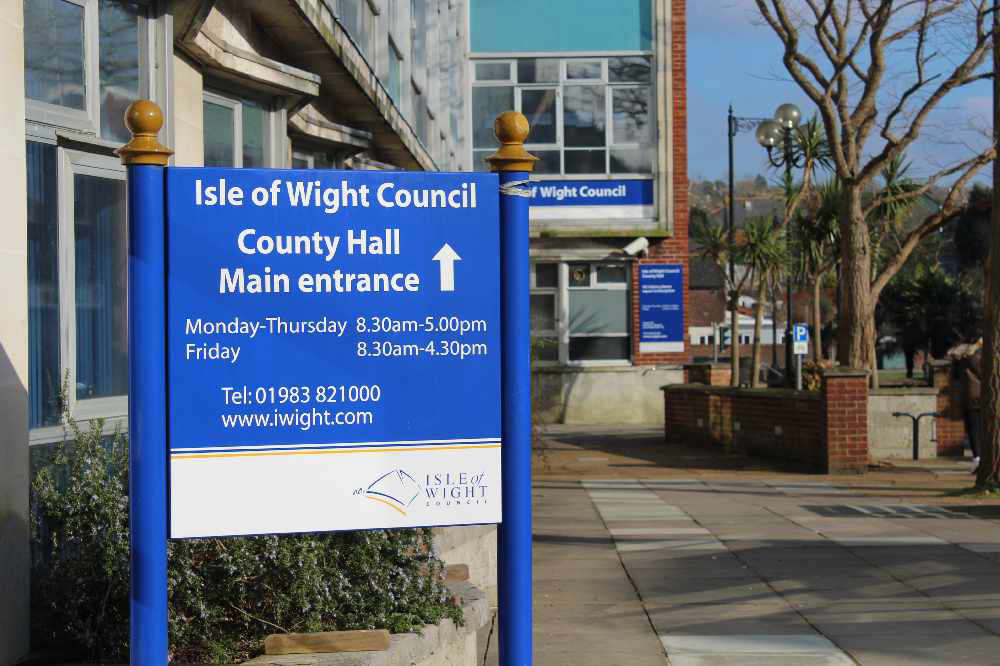 Island MPs At Odds Over Motion Defending County Hall's Independence
Island MPs At Odds Over Motion Defending County Hall's Independence
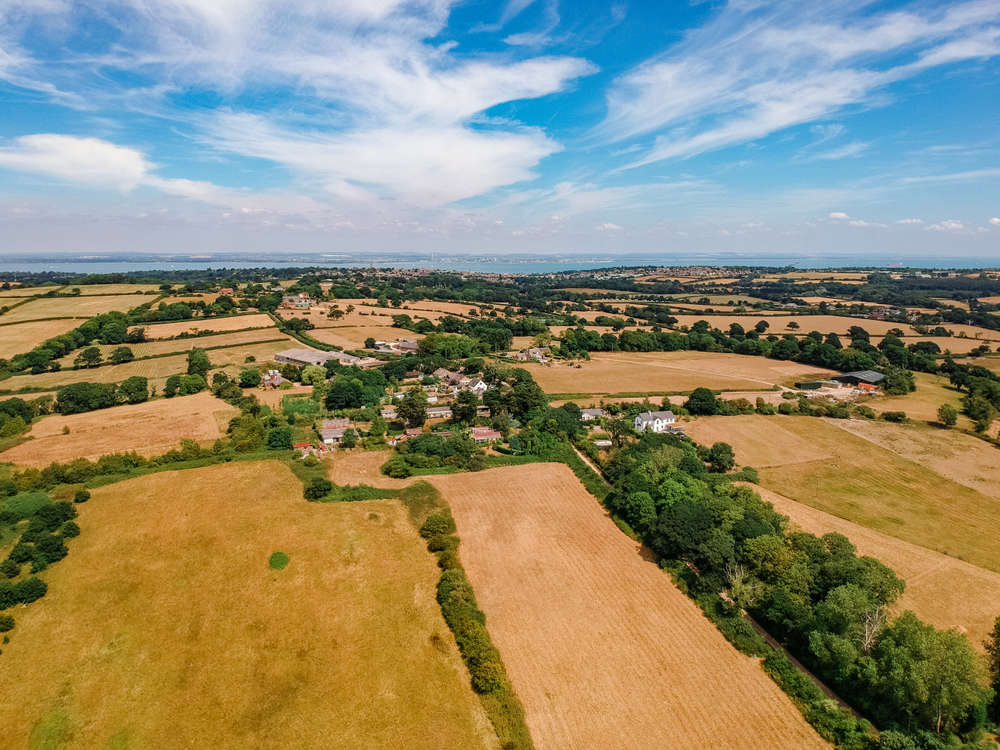 Motion To Support Isle Of Wight Farmers Receives Enthusiastic Endorsements
Motion To Support Isle Of Wight Farmers Receives Enthusiastic Endorsements
 Burger Drive-Thru Plans Revealed For Ryde
Burger Drive-Thru Plans Revealed For Ryde
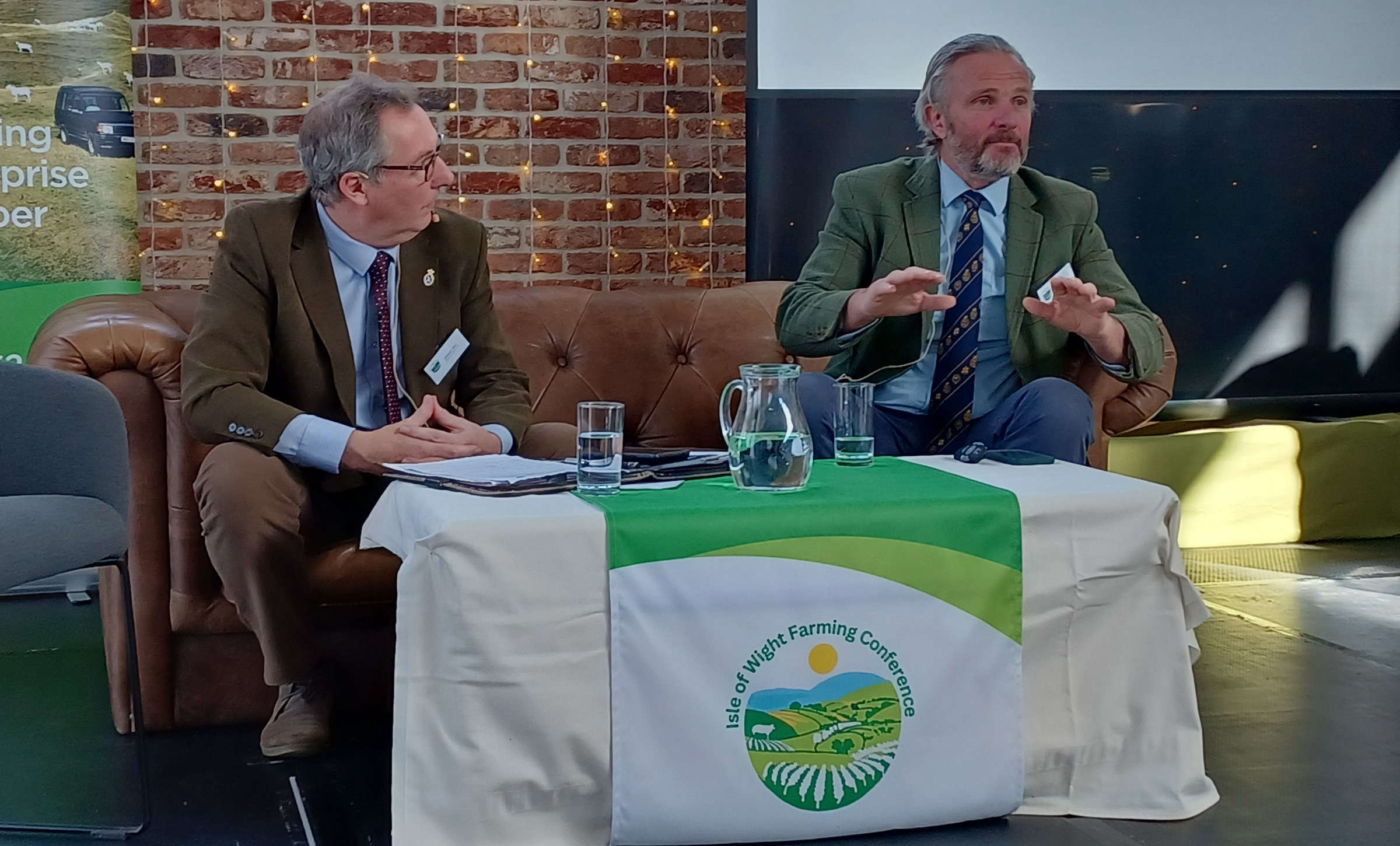 Whitehall Comes Under Fire At Isle Of Wight Farming Conference
Whitehall Comes Under Fire At Isle Of Wight Farming Conference
 Part Of Victorian Warehouse In Ryde To Be Transformed Into Studio Flats
Part Of Victorian Warehouse In Ryde To Be Transformed Into Studio Flats
 Isle Of Wight Councillors Come Together To Send Hit Out At Island Ferry Services
Isle Of Wight Councillors Come Together To Send Hit Out At Island Ferry Services
 New Chair Appointed To Lead Hampshire And Isle Of Wight’s Mental Health And Community NHS Trust
New Chair Appointed To Lead Hampshire And Isle Of Wight’s Mental Health And Community NHS Trust
 East Cowes Roof Collapse Leads To Person Taken To Hospital
East Cowes Roof Collapse Leads To Person Taken To Hospital
 Man Bitten By Dog On Newport Footpath
Man Bitten By Dog On Newport Footpath
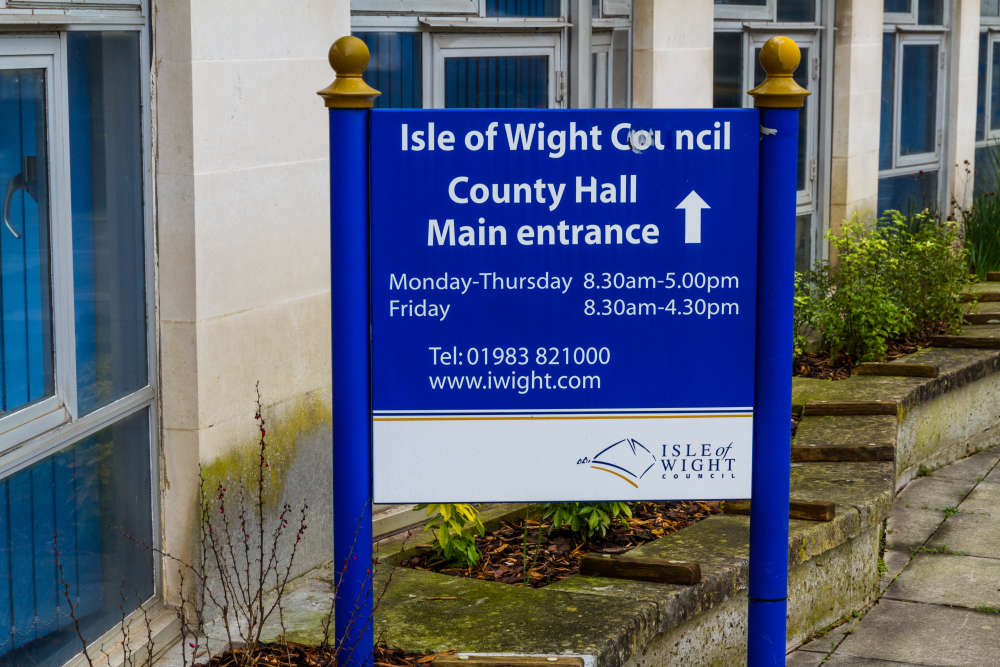 Full Council Throws Weight Behind Motion Defending County Hall's Independence
Full Council Throws Weight Behind Motion Defending County Hall's Independence
 Ningwood Hill Electricity Pole Crash Leads To Resident Evacuation
Ningwood Hill Electricity Pole Crash Leads To Resident Evacuation
 Isle Access Announces New Trustees And Focus On Accessible Cycling
Isle Access Announces New Trustees And Focus On Accessible Cycling
 Isle of Wight Ambulance Service partners with Hampshire and Isle of Wight Air Ambulance to elevate paramedic training and patient care
Isle of Wight Ambulance Service partners with Hampshire and Isle of Wight Air Ambulance to elevate paramedic training and patient care
 County Hall Backs Motion To Support Isle Of Wight Farmers
County Hall Backs Motion To Support Isle Of Wight Farmers


